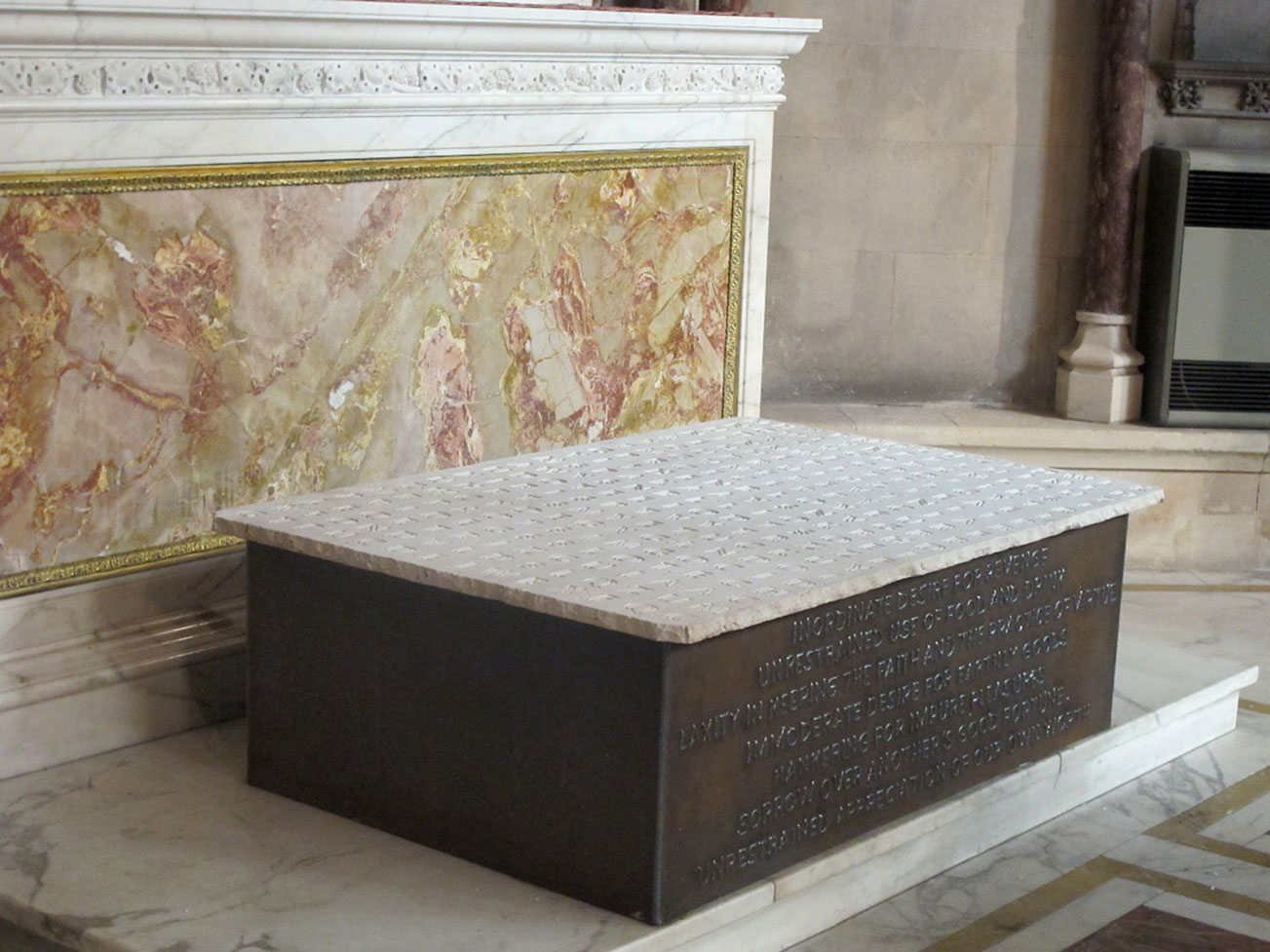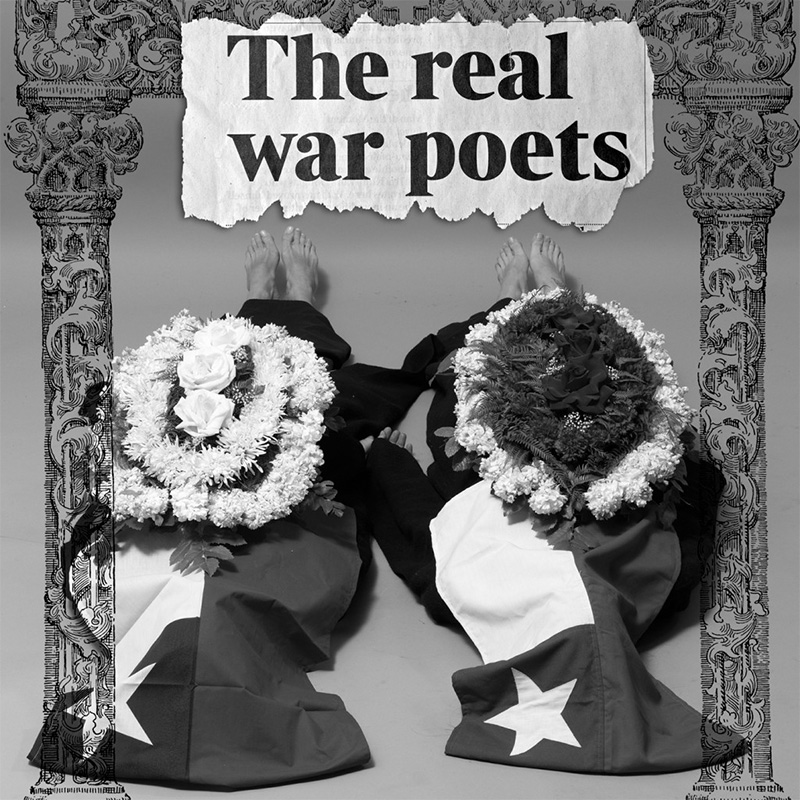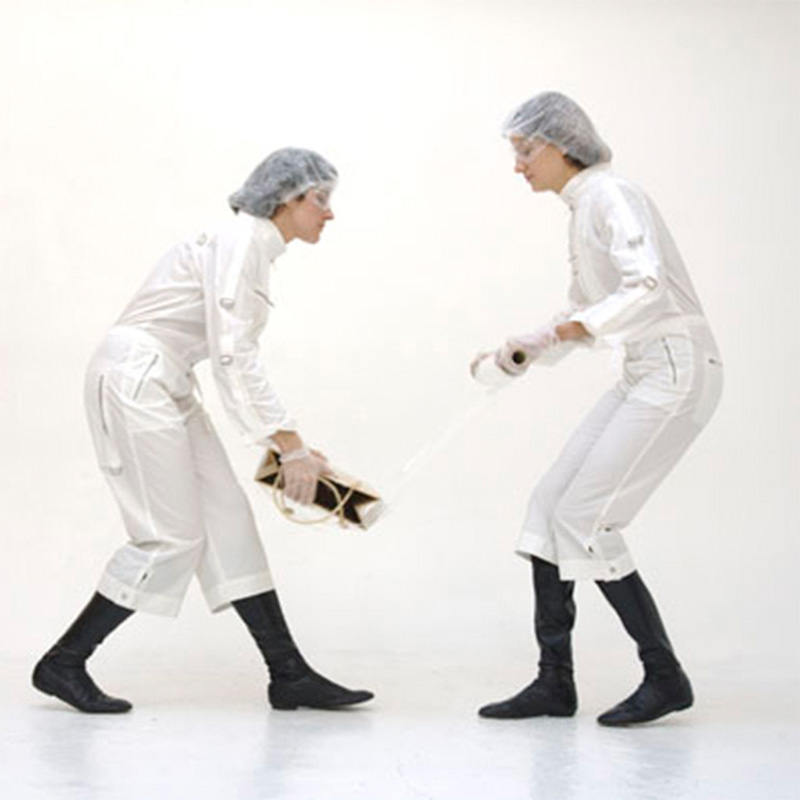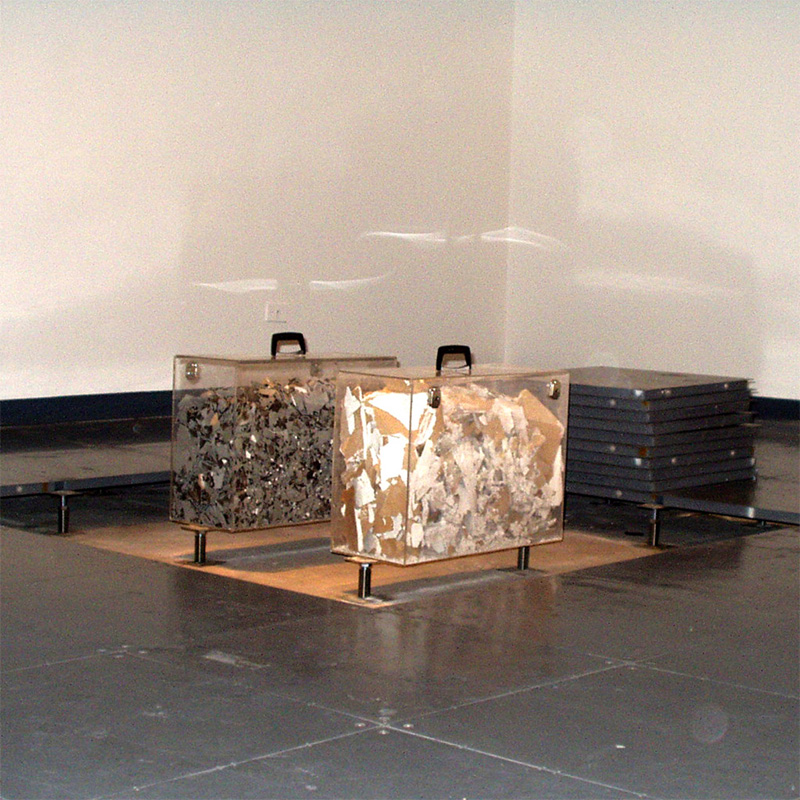“The King’s good servant, but God’s first.”
Utopía is an ideal community or society possessing a perfect socio-politico-legal system. The word was coined in Greek by Sir Thomas More, main statue in this altar, for his 1516 book Utopia, describing a fictional island in the Atlantic Ocean. The term has been used to describe both intentional communities that attempt to create an ideal society, and fictional societies portrayed in literature. It has spawned other concepts, most prominently dystopia. The word comes from the Greek: δυσ (“not”) and τόπος (“place”) and means “no place”. The English homophone eutopia, derived from the Greek εὖ (“good” or “well”) and τόπος (“place”), means “good place”. This, due to the identical pronunciation of “utopia” and “eutopia”, gives rise to a double meaning.
The work SINS&VIRTUES, is a way of contemplation, of discovering the path trough which we can make our own search for a good way of living. Commonly we think that a puzzle is a form of entertainment, that its successful resolution can be a significant contribution for us. But a puzzle is also a problem or an enigma that tests the ingenuity of the solver, who is intended to put together pieces in a logical way in order to come up with the desired solution.
St Thomas More (7 February 1478 – 6 July 1535), is perhaps best remembered as the great English statesman, humanist and scholar who refused to submit to Henry VIII and compromise his belief in the spiritual supremacy of the Pope, and consequently suffered death. More saw no incompatibility between his service to Henry and his loyalty to the Church. Indeed for many years, while he exercised high offices of state, he stood out as the great defender of the Church against heresy. However, with the capitulation of the hierarchy in 1532, More realised that he could no longer continue as Lord Chancellor if he were to remain faithful to his conscience. He may have been Henry’s ‘good servant’, but there was no doubt that when confronted with the great challenge of his life, his first loyalty was unwaveringly to God. More’s imprisonment, his subsequent trial and execution — eloquent testimony to his love for the Church and loyalty to his conscience — are events that have never failed to inspire and to encourage a more generous commitment to the Faith. Most major humanists were prolific writers, and Thomas More was no exception. The political system of which he described in “Utopia” (1516) contrasts the contentious social life of European states with the perfect orderly, reasonable social arrangements of Utopia and its environs (Tallstoria, Nolandia, and Aircastle). In Utopia, with communal ownership of land, private property does not exist, men and women are educated alike, and there is almost complete religious tolerance. Some take the novel’s principal message to be the social need for order and discipline rather than liberty. The country of Utopia tolerates different religious practices but does not tolerate atheists. Hythlodeaus theorises that if a man did not believe in a god or in an afterlife he could never be trusted, because he would not acknowledge any authority or principle outside himself. Although Utopia is more than four hundred years old, More’s ideals are not vanquished; they still lie before mankind. In Utopia, More invented a series of symbols to replace (or encrypt) the letters of the Roman alphabet. Although he did not create a unique language for the Utopians, he imagined that they would write in an exclusive, coded script. Like the island setting, this measure would provide the Utopians with greater self-containment and set them apart from the outside world. Here is the relation between Aninat&Swinburn´s work presented on his altar. Cryptography (or cryptology, “hidden, secret”;, “writing”, “study”, respectively), is the practice and study of techniques for secure communication in the presence of third parties (called adversaries). Encryption was used to ensure secrecy in communications, such as those of spies, military leaders, and diplomats. In recent decades, the field has expanded beyond confidentiality concerns to include techniques for message integrity checking, sender/receiver identity authentication, digital signatures, interactive proofs and secure computation, among others. The Protestant Reformation took place during More´s life and encrypted messages were used in texts, letters, books, and plays. In “Shadowplay: The Hidden Beliefs and Coded Politics of William Shakespeare” (Public Affairs, 2005), Clare Asquith, an independent scholar, provides a key argument: Shakespeare encrypted Catholic propaganda in his plays and poems. Every time Shakespeare writes “high” and “fair,” he means Catholic; by “low” and “dark,” he means Protestant. A “tempest” refers to the Protestant Reformation, which Catholics saw as a frightening upheaval in their world.
The inscription of restraint in the base are the keystones for the solution, and have a double meaning for the inquiry to find each sin and contrary virtue. The process of inquiry and discovery to solve the enigma may be followed by different paths, times, ways of looking, of searching by those who are in a state of devotion and contemplation, as the silence of the church or a library gives. Certain skills and virtues as patience, faith, knowledge and purpose are necessary for those who desire resolution. SINS&VIRTUES is a project that reminds us something familiar, usual, but disquietingly alludes to the daily puzzle commonly seen in newspapers and magazines, with the materiality of the Stone. The question or the enigma that SINS&VIRTUES proposes is the search for the Seven Deadly Sins and Seven Virtues, which are meant to educate and instruct. Yet, the puzzle is that some of the practices and institutions, such as the ease of religious toleration, the good and the bad, the permitted and the prohibited, seem to be polar opposites of today’s beliefs.











